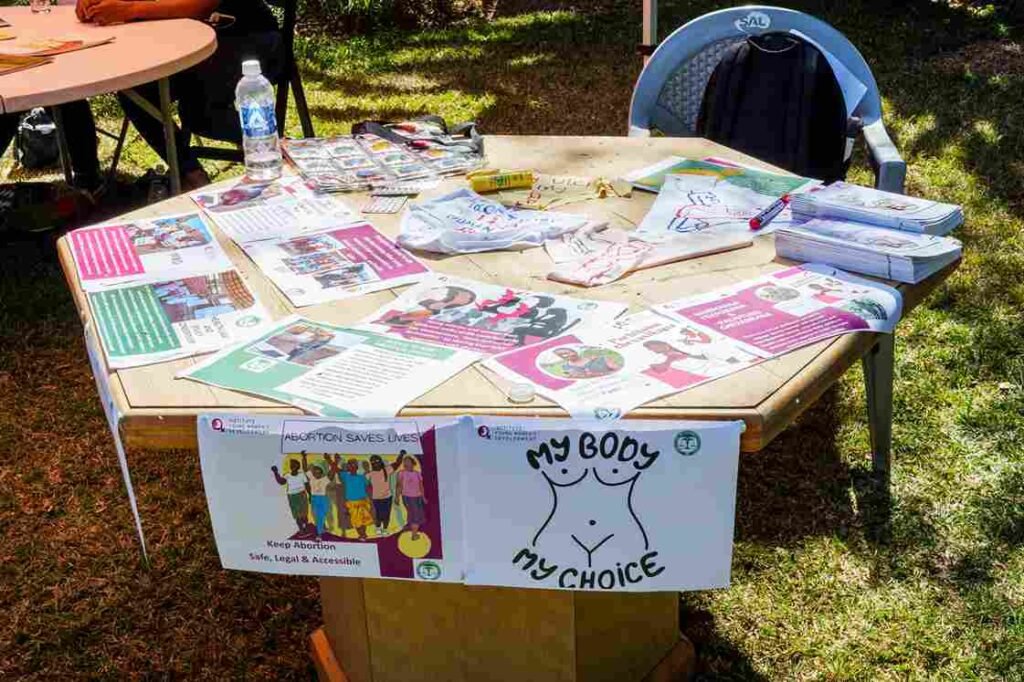Self-discovery can be joyful—but it can also be painful, confusing, or lonely. In tough times, prioritizing your mental health is not only valid, it’s essential. This guide is here to help you recognize when you need support and how to care for your emotional and psychological wellbeing during your journey.
You are not alone. You are not a burden. Reaching out for help is strength—not weakness.
Checking In on Your Mental Health
Regular check-ins with yourself help you catch early signs of distress. Reflect on how you’re feeling emotionally, physically, and socially.
Start by asking:
-
Have my moods changed lately?
-
Am I coping with stress in healthy ways?
-
Do I feel emotionally safe in my environment?
Warning Signs to Watch For
If you notice any of the following, it may be time to reach out:
Have You Felt:
-
Unimportant – Like your existence doesn’t matter
-
Alone – Even when surrounded by others
-
Impulsive – Taking risks or acting out of control
-
Suicidal – Thinking about ending your life
-
Overwhelmed / Unmotivated – Struggling to function daily
-
Hopeless / Trapped – Feeling like there’s no way out
-
Irritable / Angry – Snapping or lashing out frequently
Have You Been:
-
Giving away meaningful items
-
Losing interest in things that once brought joy
-
Writing farewell messages or planning for death
-
Changing eating or sleeping drastically
-
Frequently ill, fatigued, or in pain with no clear cause
-
Increasing alcohol or drug use to cope
Do You:
-
Struggle to imagine a future
-
Constantly put yourself down
-
Plan or think about saying goodbye
-
Have a specific plan to hurt yourself
If any of this sounds familiar—please don’t ignore it. You can feel better, and support is available.
Steps to Take for Mental Health & Personal Wellbeing
1. Talk to Someone You Trust
Start with just one person—share a little at a time. Let them know you need support.
2. Seek Professional Help
Therapists, psychologists, or mental health counselors are trained to help you work through your feelings.
If you need immediate help, contact a crisis support service.
3. Create a Safety Plan
-
Write down emergency contacts and grounding techniques
-
Identify safe spaces and calming strategies
-
Know what steps to take if things get too overwhelming
4. Practice Daily Self-Care
-
Physical: Eat, hydrate, and move your body
-
Mental: Try deep breathing, meditation, or journaling
-
Social: Stay connected, even digitally, to people who affirm you
5. Do What Brings You Joy
Paint, cook, dance, walk, write—whatever lights a spark in you. Small joys are healing.
6. Avoid Harmful Coping
Try not to isolate yourself completely or turn to substances. Even a little connection can shift things.
Resources for Support
Zimbabwe
-
Pakasipiti – https://pakasipiti.org/index.php
Global
-
Befrienders Worldwide – www.befrienders.org
Tools & Community
-
LGBTQIA+ peer support groups
-
Meditation apps and mental health trackers
-
Journaling tools and self-care calendars
Final Note
Mental health struggles are real—but so is healing.
You are enough. You are loved. And you don’t have to do this alone.
Download the PDF version of this guide below.


